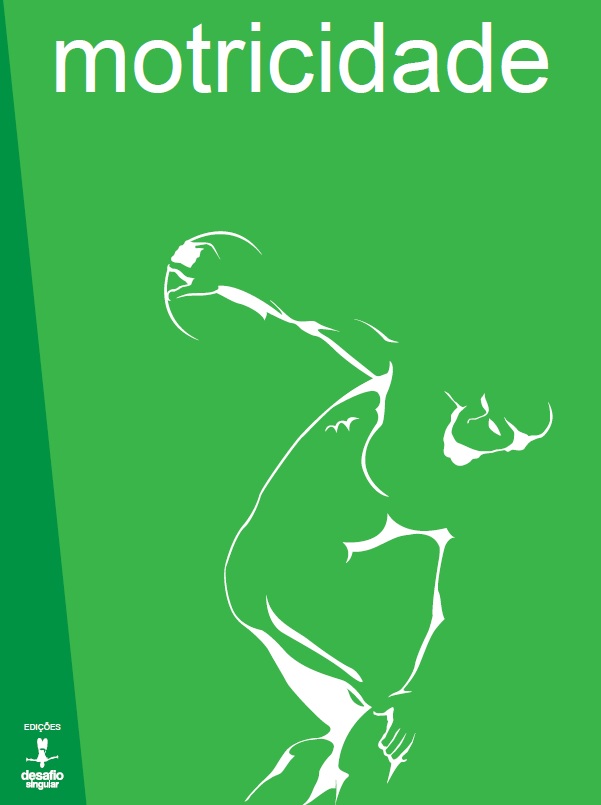Sedentary behaviors and psychological outcomes among older adults: a systematic review
DOI:
https://doi.org/10.6063/motricidade.12223Abstract
This systematic review aimed to synthesize the scientific evidence about the relationship between sedentary behaviours and various psychological outcomes in older adults. The study searches were conducted in the following databases: PubMed, PsycINFO, ISI Web of Knowledge and ScienceDirect. We selected 15 observational quantitative studies according to specific eligibility criteria. The data extraction was performed independently by different authors, including the evaluation of the risk of bias of the studies and the classification of the force of evidence. The results showed a tendency of showing no associations between the sedentary behaviours, the well-being and quality of life of the elderly. Concerning life satisfaction and perceived stress, it seems that active sedentary activities have positive effects on these indicators. Evidence has also suggested that some sedentary behaviours may help maintain some cognitive functions in the elderly population, namely in different types of memory. In other studies, it has been demonstrated a tendency that too much time in passive sedentary activities has been associated with depressive symptomatology. However, this review suggested that the evidence is not yet consistent in the relationship between the sedentary behaviours of the elderly and the indicators analysed, and more research is needed.
Downloads
Additional Files
Published
Issue
Section
License
The authors of submitted manuscripts must transfer the full copyright to Journal Motricidade / Sílabas Didáticas Editions. Granting copyright permission allows the publication and dissemination of the article in printed or electronic formats, and copyrights start at the moment the manuscript is accepted for publication. It also allows Journal Motricidade to use and commercialise the article in terms of licensing, lending or selling its content to indexation/abstracts databases and other entities.
According to the terms of the Creative Commons licence, authors may reproduce a reasonable number of copies for personal or professional purposes, but without any economic gain. SHERPA/RoMEO allows authors to post a final digital copy (post-printing version) of the article on their websites or on their institutions' scientific repository.


